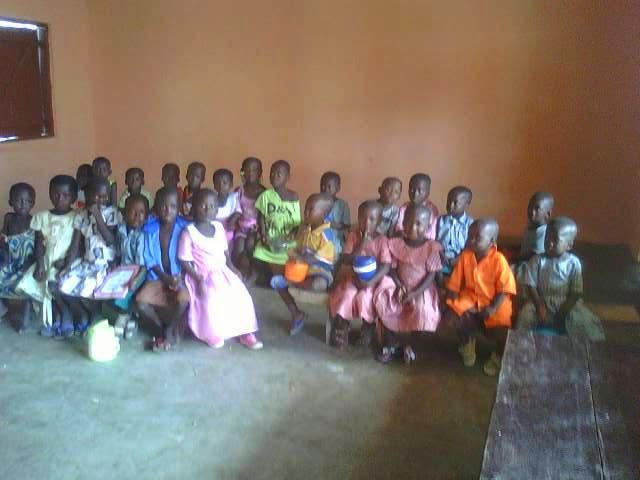RAFIU FISHBONE AND WATER AID GHANA
The acronym “WASH” stands for water, sanitation, and hygiene.
These basic necessities of life are not available to many people in
developing countries all around the world. In fact, 748 million people
do not have access to clean, safe drinking water and 2.5 billion people
do not have access to adequate sanitation.


Though disease incidence and infection is complicated, the way we get sick is not. Increasing handwashing education and facilities in schools, households, and the community helps eliminate one of the primary routes of infection. For every $1.00 invested in water and sanitation, approximately $4.00 is returned through increased productivity and decreased health care costs.
Investing in WASH is one of the most cost efficient and effective ways to achieve progress many development sectors

An estimated 50 percent of undernutrition is due to inadequate water and sanitation.
Malnutrition and diarrheal disease are closely linked. When it does not kill, repeated bouts of early childhood diarrhea can negatively affect physical and cognitive development.4 Reductions in diarrheal disease, which could be achieved by providing improved sanitation and water supply, can prevent long-term morbidity and at least 860,000 child deaths a year caused by undermentioned .
Malnutrition and diarrheal disease are closely linked. When it does not kill, repeated bouts of early childhood diarrhea can negatively affect physical and cognitive development.4 Reductions in diarrheal disease, which could be achieved by providing improved sanitation and water supply, can prevent long-term morbidity and at least 860,000 child deaths a year caused by undermentioned .

Diarrhea and pneumonia are the two leading causes of child death in the world today
Diarrhea and pneumonia, often caused by lack of WASH, kill millions of children each year. Diarrhea and malnutrition associated with WASH leads to stunting and decreased cognitive ability in children, negatively affecting the rest of their lives. Unsafe drinking water and poor sanitation form a vicious cycle of disease and poverty in communities without access to WASH.
Diarrhea and pneumonia, often caused by lack of WASH, kill millions of children each year. Diarrhea and malnutrition associated with WASH leads to stunting and decreased cognitive ability in children, negatively affecting the rest of their lives. Unsafe drinking water and poor sanitation form a vicious cycle of disease and poverty in communities without access to WASH.
The provision of sanitary latrines at schools increases
girls’ enrollment by 11 percent, leading to increases in female
literacy. A study in Kenya revealed schools
that received water treatment and hygiene promotion led to a 58 percent
reduction in girls’ absenteeism.
A major reason girls drop out of school is a lack of adequate sanitation facilities. Providing the dignity of gender-specific bathrooms, especially as girls reach puberty, can have far-reaching effects as more women complete their schooling.
Handwashing with soap can reduce the incidence of childhood diseases by approximately 45 percent.
A major reason girls drop out of school is a lack of adequate sanitation facilities. Providing the dignity of gender-specific bathrooms, especially as girls reach puberty, can have far-reaching effects as more women complete their schooling.
Though disease incidence and infection is complicated, the way we get sick is not. Increasing handwashing education and facilities in schools, households, and the community helps eliminate one of the primary routes of infection. For every $1.00 invested in water and sanitation, approximately $4.00 is returned through increased productivity and decreased health care costs.
Investing in WASH is one of the most cost efficient and effective ways to achieve progress many development sectors





Comments
Post a Comment